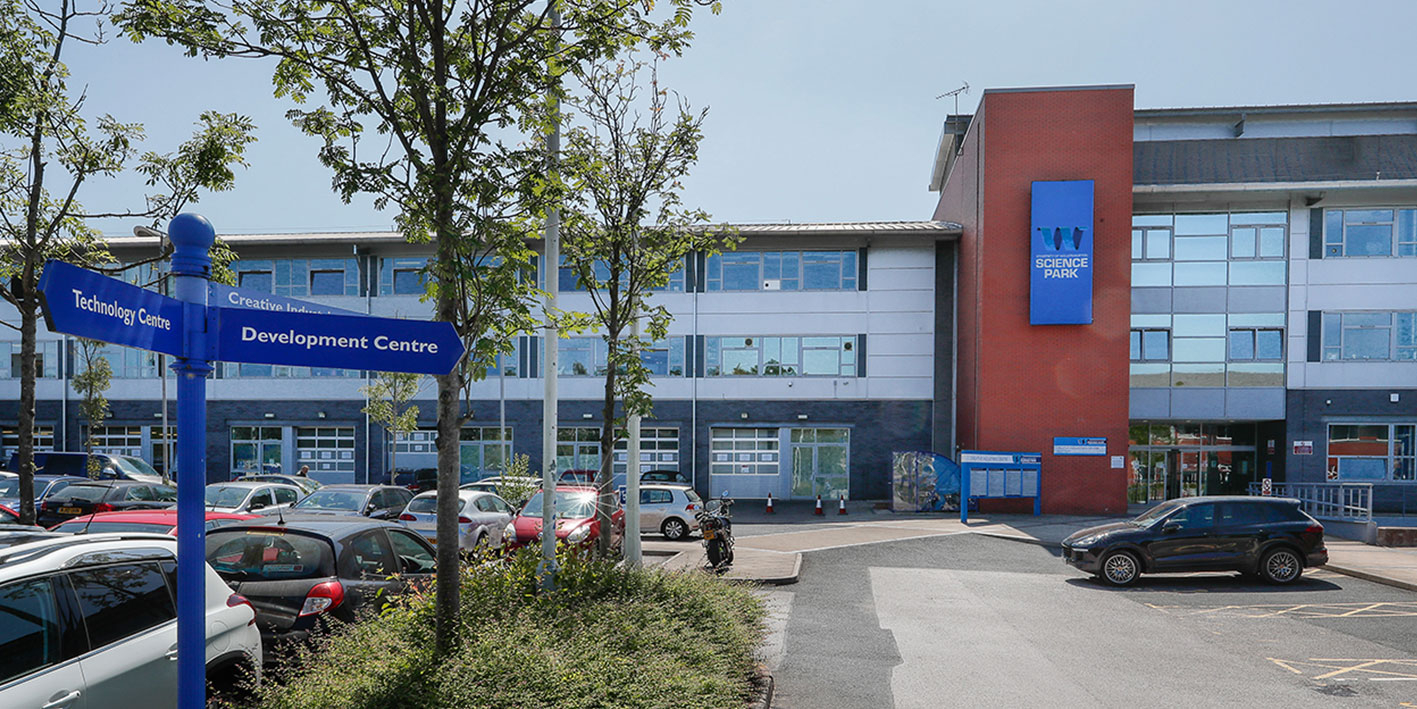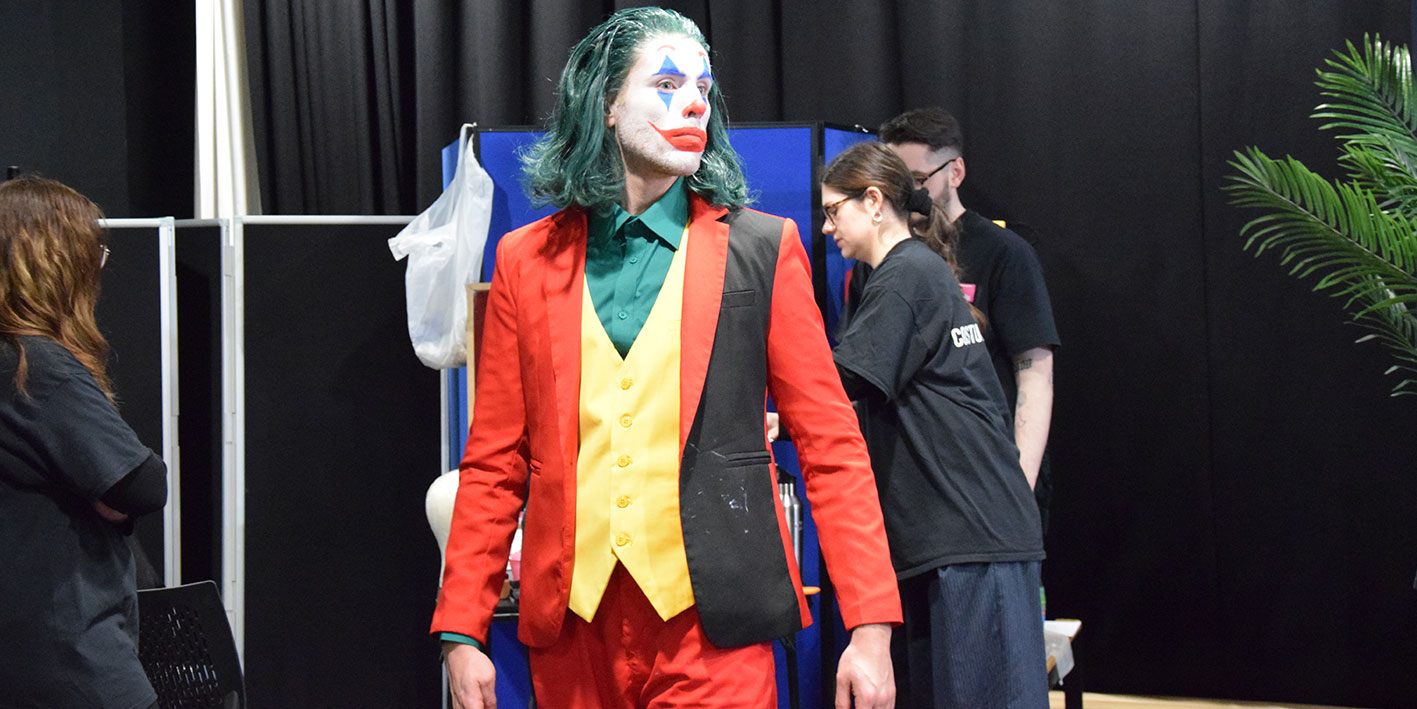
Education research highlights disadvantages faced by school pupils
Two University of Wolverhampton academics have completed a high-level report which investigates the challenges faced in secondary schools across England by young people from lower-income households.

Dr Sally Riordan, Senior Research Fellow in the University’s Education Observatory and Michael Jopling, Professor in Education and Education Observatory Director have led on the research in the Social Mobility Commission report, ‘Against the Odds - Achieving greater progress for secondary students facing socio-economic disadvantage'.
The researchers, based in the University’s Faculty of Education, Health & Wellbeing, analysed national data, surveyed 285 secondary schools and conducted interviews in 32 schools across England.
The report has led to the development of the Pupil Premium Primer - a resource for schools to use to make comparisons with other schools, to learn about other schools’ pupil premium journey and approaches and to take a longer-term approach to tackling disadvantage.
Michael said: “In 2011, the UK government introduced new funds to tackle socio-economic disadvantage in schools in England: the pupil premium. Ten years later, students from the lowest income homes, and children in care, still do not progress as well as their peers in most secondary schools. This ‘Against the odds’ study investigates the characteristics and strategies of schools that have bucked this trend and is the largest study of its kind.
“This study provides evidence of how school context, staff culture and school organisation are relevant to a school’s approach to reducing the educational impact of economic disadvantage. It uses analysis of national data and the voices of students, classroom teachers, support staff and senior leaders to emphasise that there is no ‘one size fits all’ approach to the Pupil Premium, as the strategies that are believed to succeed in some schools may fail elsewhere.”
The report highlights the following:
- The progress gap between students allocated pupil premium funds and their peers (measured at a school level) has increased each year since its introduction in 2016.
- The economic impact of coronavirus is likely to increase both poverty and the disadvantage gap. This is expected to increase the number of students eligible for pupil premium and to improve the focus on its effective use.
- Around 15-20% of mainstream state secondary schools in England fall into a category where pupil premium students are in contextually advantaged circumstances and able to draw on more ‘hidden resources’ than other schools.
- A school’s staff culture regarding the pupil premium is an important factor in tackling socio-economic disadvantage.
- Some schools face extreme contextual challenges, which are associated with lower levels of progress among students allocated pupil premium funding.
- Teachers believe that quality teaching and personalisation are the most effective ways to support students facing socio-economic disadvantage, but these beliefs are not always translated into practice.
- A school’s absence rate is the strongest predictive factor of the progress made by its pupil premium students, but in most schools, it is only a minor focus of pupil premium policy.
- Schools commonly implement pupil premium policies without considering the impact on students.
- There is no single strategy that can be clearly implemented in all, or even a majority of, schools to reduce the progress gap.
Sandra Wallace, Pro-Chancellor at the University and Interim Co-Chair for the Social Mobility Commission, said: “Our twelve Commissioners care deeply about ensuring that opportunities are equal across the country, no matter where you are born or who your parents are. We strongly support the government’s vision to make this a reality.”
The Social Mobility Commission is an independent advisory non-departmental public body established under the Life Chances Act 2010 as modified by the Welfare Reform and Work Act 2016. It has a duty to assess progress in improving social mobility in the UK and to promote social mobility in England.
The University’s Education Observatory undertakes research in all areas of education and allied areas of social policy to secure social justice and regional transformation in the West Midlands. It aims to undertake high quality research and consultancy, which informs debate and has impact on practice and policy. We encourage collaborations among researchers, practitioners, policy-makers and other local, regional and national stakeholders.
Anyone looking to study at the University of Wolverhampton should register for one of our forthcoming Open Days.
Find out more about the University's research in these publications:
- Research Matters - showcasing our research successes and news from the sector.
- The Wolverhampton Briefing - our new quarterly update on our vital research activity.
ENDS
For more information please contact the Corporate Communications Team.


/prod01/wlvacuk/media/departments/digital-content-and-communications/images-2024/240328-Varsity-Line-Up-Resized.jpg)
/prod01/wlvacuk/media/departments/digital-content-and-communications/images-18-19/220325-Engineers_teach_thumbail.jpg)
/prod01/wlvacuk/media/departments/digital-content-and-communications/images-2024/240404-Digital-Humanities-Training-Resized.jpg)
/prod01/wlvacuk/media/departments/digital-content-and-communications/images-2024/240320-Uzbekistan-Resized.jpg)
/prod01/wlvacuk/media/departments/digital-content-and-communications/images-2024/240229-The-Link-Resized.jpg)
/prod01/wlvacuk/media/departments/digital-content-and-communications/images-2024/240411-IYC-Resized.jpg)

